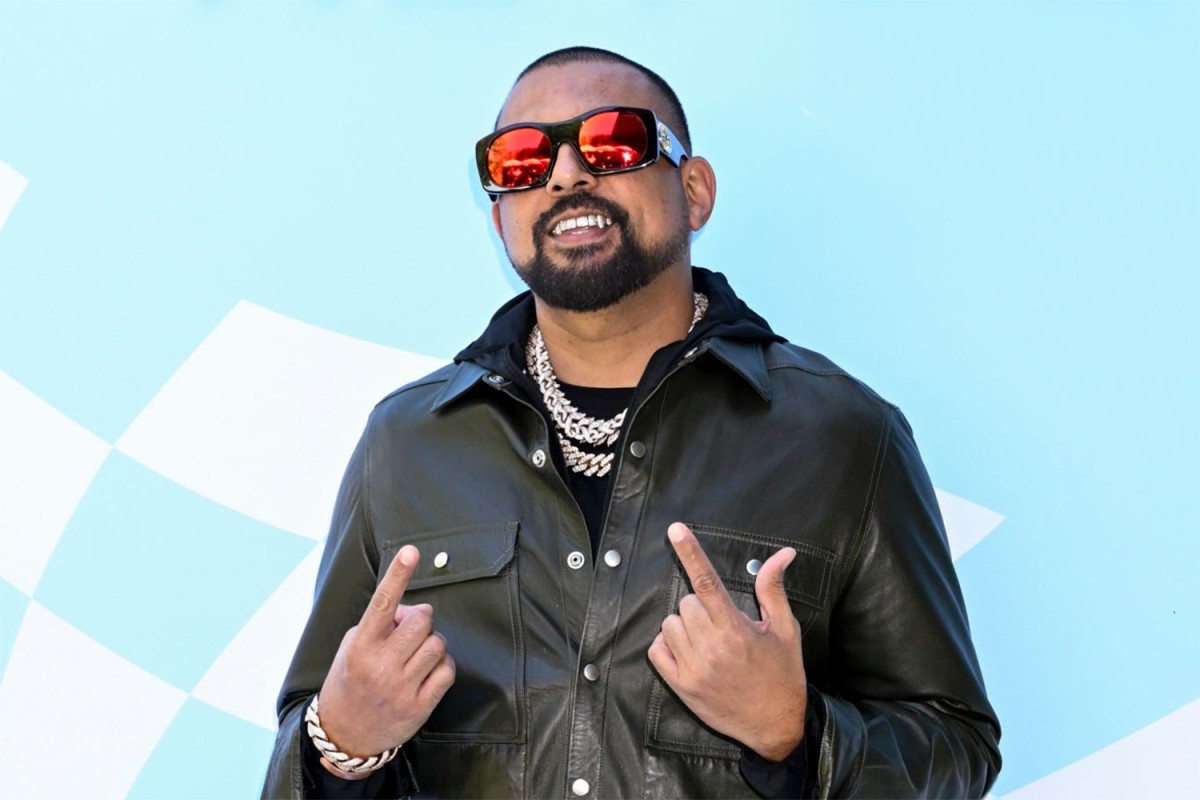Sean Paul Disappointed With Treatment Of Jamaicans At British Immigration Checkpoints, Laments Visa Requirements

Dancehall superstar Sean Paul has expressed disappointment over Britain’s stringent visa restrictions and the heavy scrutiny faced by Jamaican nationals at immigration checkpoints.
During a recent interview on Good Morning Britain, the Get Busy artist shed light on the significant challenges that many Jamaicans encounter when entering the UK and highlighted the irony of the situation, given the historical ties between Jamaica and Britain.
“We are ‘Commonwealth,’” he pointed out, referencing the shared legacy and political association which, in theory, ought to facilitate easier travel but which, in reality, appears starkly different for Jamaicans.
“A lot of times we get scrutinised. ‘Oh: red light, come to the back here’, ‘oh: Jamaican passport. Okay, cool, let me check you out more’,” Sean Paul explained, illustrating the common experiences of his compatriots.
Following 2003 sanctions, Jamaica remains the only country with the British monarch as head of state that requires visas to enter the country.
Over the years, many Jamaicans who travel to the UK have complained bitterly about the additional checks and delays, as highlighted by Sean Paul. They argue that these not only create significant obstacles for them but also reflect a broader issue of inequitable treatment.
The Grammy-winning musician expressed his disappointment over the prolonged nature of this issue.
“It’s unfortunate that has been that way for that long,” he lamented.
Britain imposed visa requirements on Jamaica on Wednesday, January 8, 2003.
An article published by the Guardian newspaper on that day titled New UK visa rules for Jamaicans noted that Jamaicans traveling to Britain were required, as of midnight, to pay £36 for a visitor’s visa.
According to The Guardian, the scheme was introduced after the home office found that ‘significant’ numbers of visitors were either being refused entry on arrival or never returned home.
“The home office said immigration officers refused entry to so many Jamaican nationals that legitimate visitors from the country faced delays of up to three hours at British airports,” the publication noted, adding that home secretary, David Blunkett, had revealed that Jamaican nationals accounted for around 20 percent of all passengers refused “at our main ports of entry in the run-up to Christmas”.
Blunkett had also expressed concern about what he said was “the unacceptably high number who come to the UK as visitors and then abscond – more than 150 a month during the first half of 2002”, adding that “visas will not stop genuine visitors from Jamaica coming to the UK, but this will mean they will no longer spend hours at immigration control on arrival”.
The Guardian had also reported that in 2002, Britain’s deputy high commissioner in Jamaica, Phil Sinkinson, had “sparked a furore by claiming that one in ten passengers flying from Jamaica to the UK was a drug mule” and that he estimated that each flight into the UK carried about 30 kilograms of cocaine in plastic bags which had been swallowed by passengers.
According to The Guardian, British officials had said that between January and June 2002, more than 1,000 Jamaican nationals absconded after being granted temporary entry into the country.
Blunkett it noted, had also expressed alarm about the number of Jamaican children who entered the UK and were never heard from again.
In 2002, British Airways had recorded the arrival of 1,202 unaccompanied minors arriving at Gatwick’s north terminal from Kingston, but only 592 returned home during the same period.
